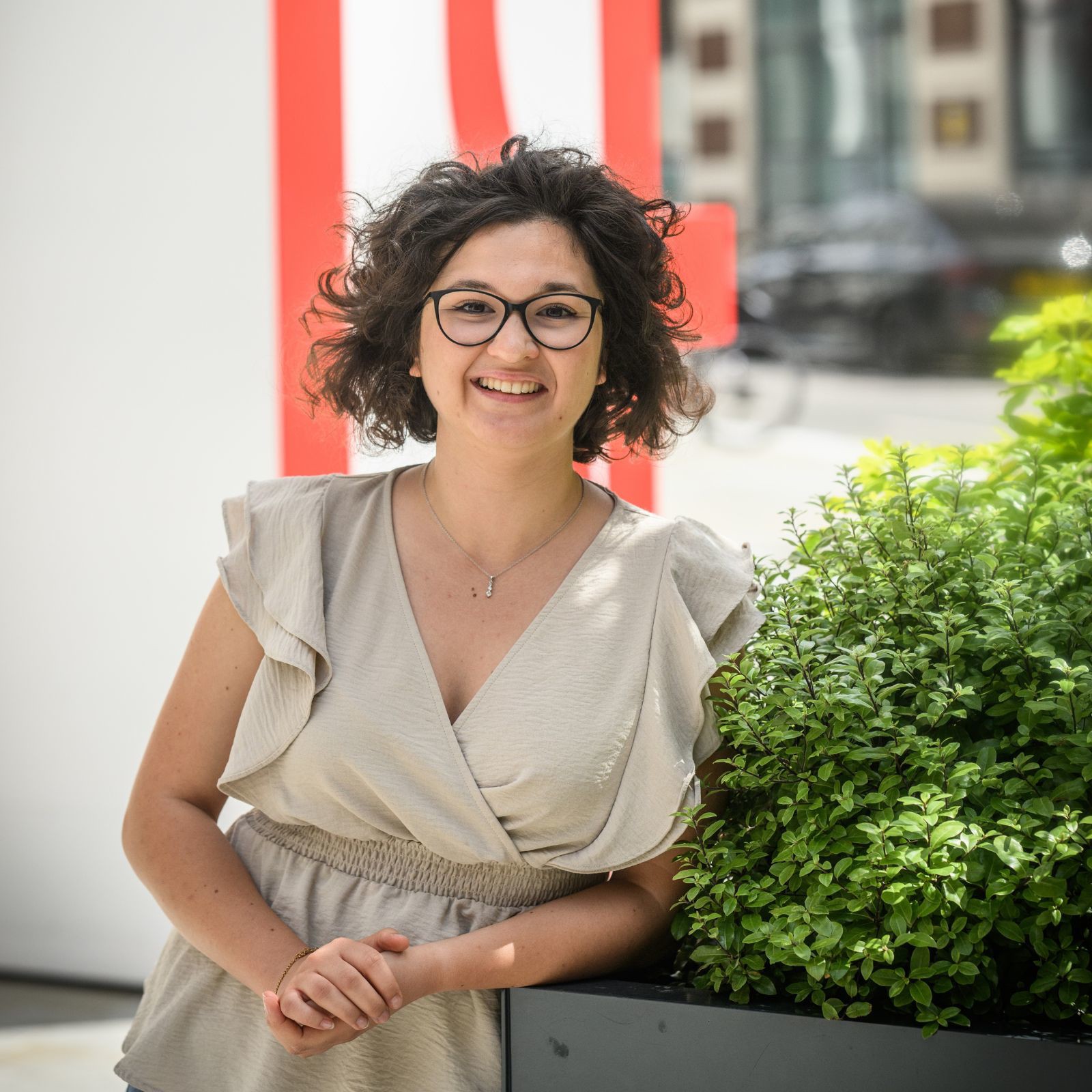5 min read
We sat down with Lucrezia, who took the course MG107: Management Analytics in the Age of Big Data in 2023, to hear how she found the course - from an average day as an an MG107 student to her highlights.
Why did you decide to attend LSE Summer School?
LSE has an excellent reputation in business and management education, and I was looking for an experience to deepen my knowledge of these subjects in an international environment. It also provides a unique opportunity to learn from renowned professors and interact with a diverse group of students from around the world. Additionally, the chance to experience life in London, a global business hub, was something I was looking forward to.
Why did you choose MG107?
I selected MG107: Management Analytics in the Age of Big Data because it addresses the current and highly relevant topic of Big Data and AI in the context of management. The aim is to understand how these technologies are transforming decision-making processes and gain valuable insights into statistical and causal inference.
I have always had a strong interest in technology and its potential to reshape the way we work and live. Artificial intelligence technologies are rapidly transforming several sectors and I wanted to fully understand their impact, especially in the context of management and decision-making. Overall, I would say that my choice of MG107 reflects a combination of personal interests, career aspirations and a desire to stay informed about the latest developments in the world of data analysis and management.
Tell us about an average day as a student on MG107.
A typical day of the MG107 course is divided into morning seminars (1.5 hours per day) and afternoon lectures (3 hours per day), depending on the timetable. During the seminars, it is usual to participate in group discussions and interactive exercises to apply the knowledge acquired during the lectures. Case studies may also be analysed to understand real-world applications and group projects on AI technologies.
Afternoon lectures are more theoretical, and you learn key concepts, mainly about statistics.
After class there is lots to do - you can attend events organised by LSE on various professional development topics, play sports in the LSE gym, work on assignments or with a study group, or even head out into London with your friends.
What was your favourite part of MG107?
My favourite part of MG107 was the opportunity to explore complex concepts related to Big Data and AI and apply them to real-world managerial scenarios. I really enjoyed the interactive nature of the course, which allowed for engaging discussions and practical learning experiences.
What advice would you give to students considering MG107?
I highly recommend keeping up with the pace of the lectures and reviewing your notes daily. 3 weeks may seem like a long time, but it really does fly by!
What are your short-term professional goals, and how does MG107 contribute to these goals?
At this stage, as I'm still completing my university studies, my short-term professional goals are a work in progress. However, I see MG107 as a crucial milestone in preparing for my future career. The course provides a solid foundation in essential skills such as statistical and causal inference, data analytics, and decision-making, which are highly relevant in today's dynamic business world.
These skills are highly demanded in various career industries, including data analytics, management consulting, and many more. While I'm in the process of discovering my specific career direction, I believe that the knowledge and skills acquired through MG107 will undoubtedly serve as valuable assets as I navigate the professional world.
Another great aspect of MG107 is the networking opportunities it offers. Building connections and engaging with professionals and peers is an invaluable experience that can open doors to a wide range of possibilities.
Was meeting and talking to other students on your course easy?
Meeting and talking to other students on my course was super easy and enjoyable, and the LSE Summer School environment encourages interaction and collaboration among students from diverse backgrounds. Within the course, we had many opportunities for group discussions, interactive exercises, and networking events, which facilitated connections with other students.
What would be your top tip for future Summer School students?
My top tip would be to actively engage in all aspects of the programme. Attend lectures, participate in class discussions, and take advantage of networking events. Don't hesitate to reach out to your peers for study groups or social activities; it's a great way to make new friends and learn from each other's experiences.
How did you find the British teaching style?
Although it is a 3-week summer experience, it is in effect an accelerated semester. The teaching style was engaging, and the class discussions encouraged a deeper understanding of the course material. The lecturers were knowledgeable and always happy to help if you wanted to discuss something in more detail.
Did you feel supported by your lecturers?
They were helpful, responsive to questions and willing to provide further assistance when needed. The interactive nature of the course allowed for an open dialogue with the lecturers, creating a conducive learning environment. In addition, they were genuinely interested in the students' progress and successes, which was reassuring.

